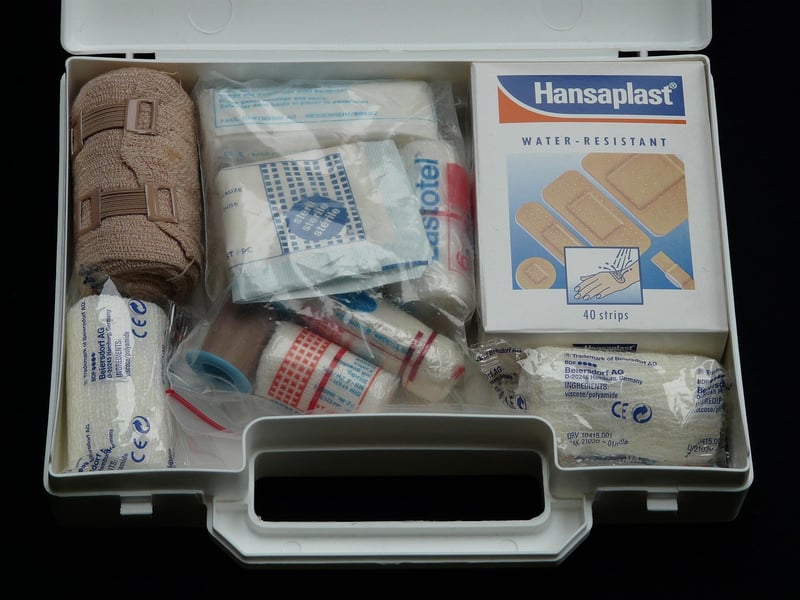First aid
Stay Prepared: First Aid Basics
Accidents can happen anytime, anywhere. Being prepared and having basic knowledge of first aid can make a significant difference in emergencies. Here's a guide to help you stay prepared and handle common first aid situations effectively.
Why First Aid is Important
First aid is crucial as it can save lives, prevent minor injuries from becoming major ones, and promote faster recovery. It involves providing initial care for an illness or injury until professional medical help arrives.
Essential First Aid Kit Items
- Adhesive bandages
- Gauze pads
- Antiseptic wipes
- Medical tape
- Scissors
- Tweezers
- Disposable gloves
- Instant cold packs
- Hydrocortisone cream
- First aid manual
Common First Aid Procedures
- Cuts and Scrapes: Clean the wound, apply an antiseptic, and cover with a bandage.
- Burns: Run cool water over the burn, cover with a sterile gauze pad, and seek medical help for severe burns.
- Sprains: Rest, ice, compress, and elevate (RICE) the affected area to reduce swelling and pain.
- Bites and Stings: Remove the stinger (if present), clean the area, and apply a cold pack to reduce swelling.
- Choking: Perform abdominal thrusts (Heimlich maneuver) on a choking person until the object is dislodged.
When to Seek Professional Help
While first aid can address many minor injuries, it's essential to seek professional medical help in the following situations:
- Severe bleeding that doesn't stop
- Difficulty breathing
- Loss of consciousness
- Suspected broken bones
- Poisoning
Remember, always call emergency services if you're unsure about the severity of the situation.
Stay Informed, Stay Prepared
By familiarizing yourself with basic first aid procedures and keeping a well-stocked first aid kit at home, in your car, or while traveling, you can be better prepared to handle emergencies effectively. Remember, quick action can make a difference in saving lives!

Stay safe, stay informed, and stay prepared!
